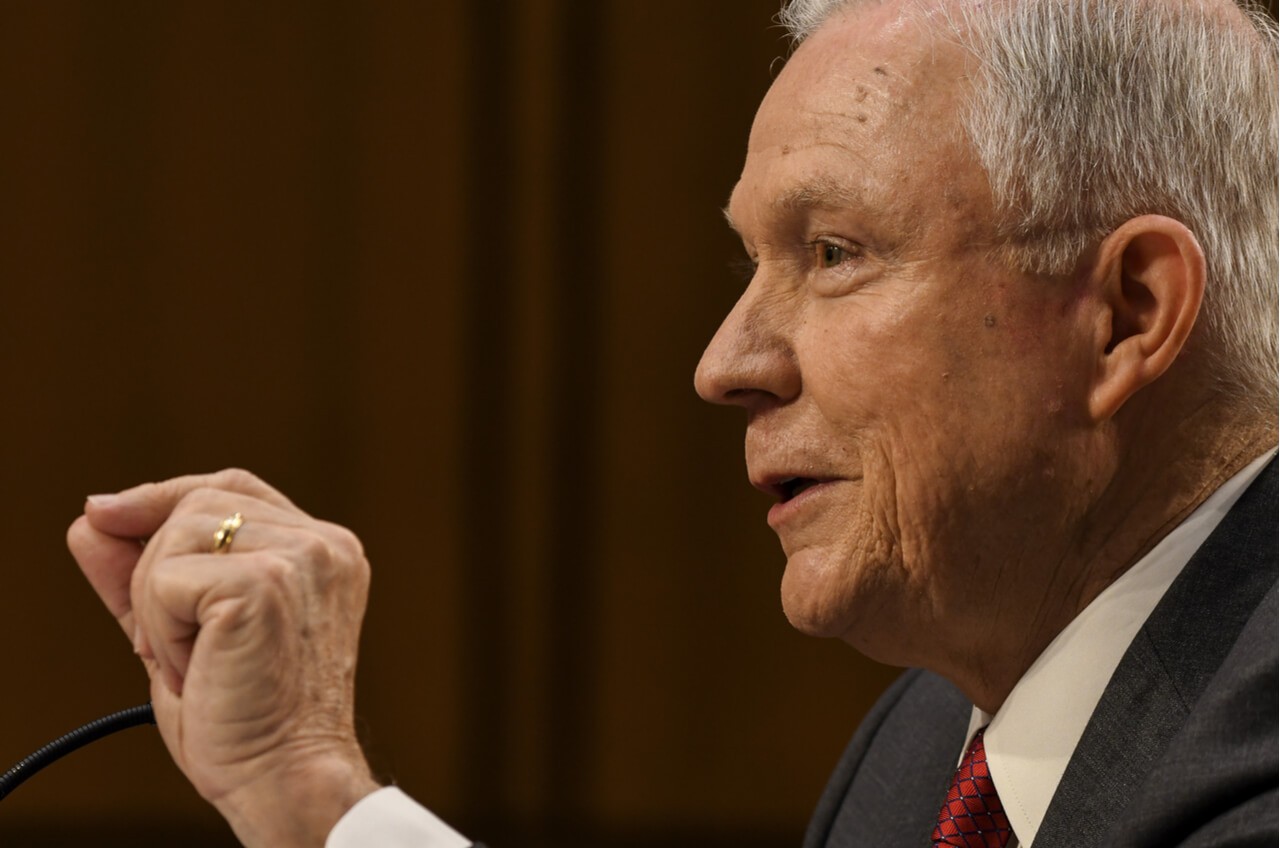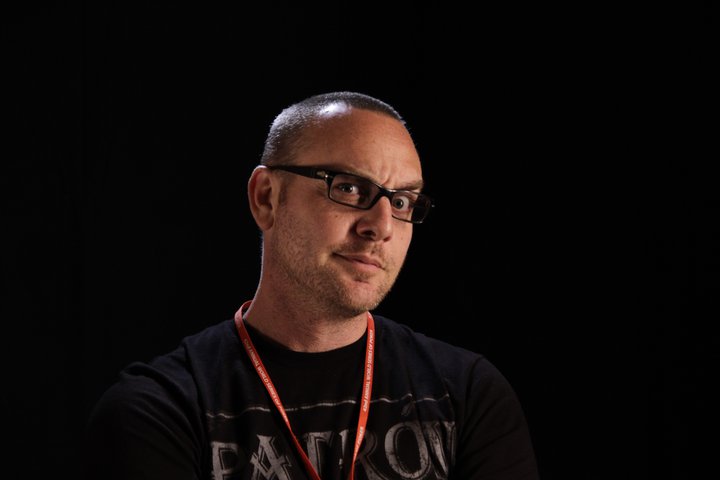
The new recreational marijuana industry in Nevada is thriving. However, the issuance of a memo by United States Attorney General Jeff Sessions to federal prosecutors at the start of the New Year to robustly enforce federal marijuana laws has left Nevada’s casino industry struggling to adapt.
Recreational marijuana sales reached $126 million in October 2017, as per data from the Nevada Department of Taxation. This milestone was achieved just four months after the Silver State legalized recreational pot sales.
In 2014, Colorado was the first state to initiate the sale of recreational marijuana. During the initial four months, the sales amounted to a mere $22.5 million.
Nevada imposes a 15 percent tax on marijuana sales, which is directed into a state education fund. An additional 10 percent tax is charged that contributes to the state’s rainy day fund. In the initial four months of recreational marijuana sales, the state accumulated $19 million in sales taxes from marijuana.
The Cole Memo
The Cole Memo, a memorandum issued by the then-US Deputy Attorney General James M. Cole in 2013, aimed to dictate federal prosecution for marijuana-related offenses. Issued during Barack Obama’s second term as President, it essentially recommended federal prosecutors to avoid prosecuting state-licensed marijuana businesses unless these businesses breached both state and federal laws.
In the end, this laid the groundwork for the legalization of marijuana across the country. Now, states wishing to legalize the sale of marijuana could do so without worrying about federal intervention.
In a November 2016 referendum, 54% of Nevada voters approved of recreational marijuana sales. As a result, the recreational marijuana market in the state was launched on July 1, 2017.
Since 2003, the sale of medical marijuana has been legal in Nevada.
Gaming commission maintains anti-marijuana casino policy
The Nevada Gaming Commission, however, has consistently asserted that marijuana is a Schedule 1 drug and federally illegal. As such, they believe that casinos and marijuana businesses should not intertwine.
The commission issued a directive to casinos in 2014 concerning the medical marijuana dispensary business. It articulated that, unless there is a change in federal law, any casino or any individual associated with a casino and licensed by the commission should abstain from investing or involving themselves in the marijuana dispensary business, unless they are willing to risk license revocation.
Despite the initiation of recreational marijuana sales in Nevada last year, state gaming regulators have maintained that casinos cannot participate in the marijuana industry. They have also explicitly instructed casinos that it is unlawful for customers to use marijuana on casino premises within the state.
However, new concerns have now arisen about how casinos are handling the burgeoning marijuana business and the hundreds of millions of dollars it is producing in revenue.
Gaming Policy Committee looks for answers
In late November 2017, Nevada Governor Brian Sandoval called the Nevada Gaming Policy Committee back into session. Their agenda was to explore the possible intersections between marijuana and gaming.
In essence, the debate revolved around whether casino operators are breaking money laundering and other federal laws by accepting cash from players involved in the marijuana business, which is legal in Nevada but illegal in the rest of the US.
Brian Barnes, a lawyer from Washington, D.C., informed the committee that casinos accepting money from marijuana businesses could potentially be considered as co-conspirators in a criminal case against such businesses.
He also proposed that any monetary connections between casinos and marijuana enterprises could subject casinos to civil litigation, particularly under the civil Racketeer Influenced and Corrupt Organizations Act.
Additionally, he stated that if a casino violates the policies of the gaming commission and invests in a business related to marijuana, it could face more severe consequences than just losing its casino license. Indeed, such a casino could potentially be charged with money laundering.
Barnes also stated that leasing space to a marijuana-sales business for events such as cannabis conventions could potentially be seen as a breach of federal law.
Attorney General Sessions has effectively repealed the Cole Memo, leading to rising concerns within the Nevada casino industry that these issues may soon transition from a distant potentiality to an actual reality.
The Gaming Policy Committee is anticipated to reconvene soon to gain a deeper understanding of the issue and guide Nevada casino operators moving forward.
Image courtesy of Mark Reinstein via Shutterstock.com



